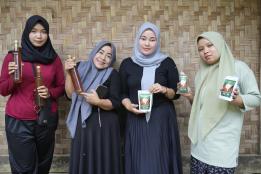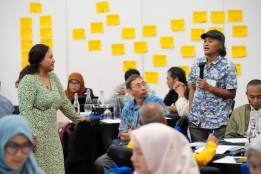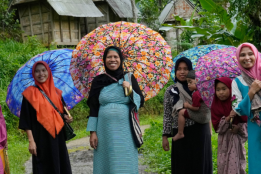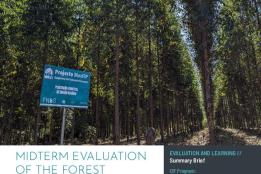Learn how CIF's $48.6 million investment in Indonesia supported women and forest protection, starting in 2012.
When Masyana Nursiyah Kanca was chosen to oversee agroforestry work in her village in Kapuas Hulu, West Kalimantan, Indonesia, she hesitated. “My role as foreman is to supervise all the work, record the days worked by the members, and give them money for the days they work,” she said. “I thought I couldn’t do it.”
Traditionally, in Indonesia, the forest has been seen as a man’s territory. For more than five years, however, a project financed by a $17 million grant from the Climate Investment Funds (CIF) Forest Investment Program (FIP) has worked to change that, systematically engaging women in everything from decision-making, to planting, to fighting forest fires.
The Community-Focused Investments to Address Deforestation and Forest Degradation project, led by the Asian Development Bank (ADB), was designed to address barriers to reducing emissions from deforestation and forest degradation (REDD+) in 17 villages in West Kalimantan Province, which has one of the highest deforestation rates in Indonesia.
Greenhouse gas (GHG) emissions from land use change and forests can vary greatly from year to year, but they make up a third to more than half of Indonesia’s annual emissions. Forest loss and degradation also pose threats to the country’s rich biodiversity and to the livelihoods of a large share of the population. Key drivers include commercial logging, forest conversion to agriculture, mining, and uncontrolled fires.
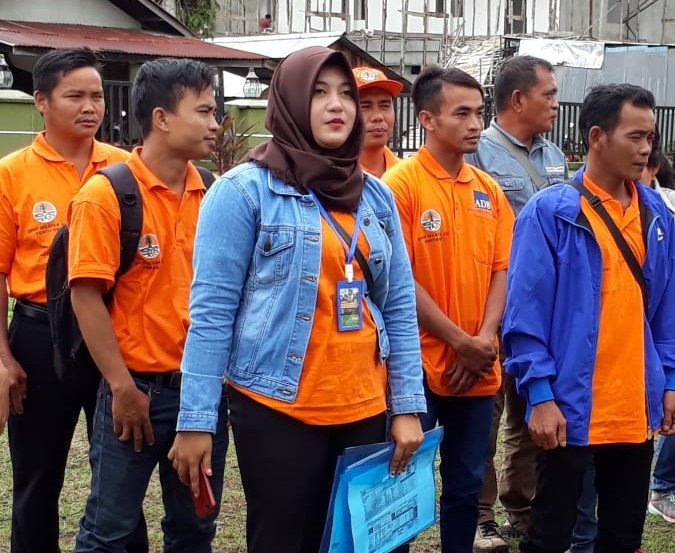
No longer just a man’s job
Before this project, gender issues had not been built into forestry sector development programs, so there was little awareness and understanding of gender concepts. And initially, engaging women was challenging. “During meetings, women would sit at the back of the room or serve the food, but not actively participate in the discussions – much less in the decision-making process,” said Riana Puspasari, Social Development Officer for gender for the ADB country office.
The ADB made gender mainstreaming a priority, adopting a Gender Action Plan and assigning gender specialists and field facilitators to support its implementation at all levels, from institutions to the field. “Our role is to ensure that all communities benefit equally from any intervention or development program,” said Elok Mulyoutami, one of the FIP project’s gender and social development specialists.
Tangible results for women
One of the project’s flagship programs involved agroforestry, interplanting trees with annual crops. Gender-responsive approaches increased women’s participation to nearly 32 percent of the 104 agroforestry groups formed.
“While men look for wood for tajar (trellis) and hole making, women help to plant seedlings and also remove the grass,” said Rita Astuti, a participant from Sintang village. The project team found that when men and women work together in agroforestry, household incomes increase, garden management skills improve, and individual and collective capacities is enhanced.
Women also became forest patrollers, with some combining patrols with honey harvesting. “We can check tikung [artificial branches with bees’ nests] in the forest when we participate in patrols,” said Ibu Masbah, a member of the honey harvesters’ group in the village of Pulau Majang. Women have also shown they are more thorough in forestry activities, making it easier to document tree species that needed protection. The biggest gender stereotype shattered, said Puspasari, was that “it’s impossible for women to be firefighters.”
Women actively participated in firefighting training sessions because they saw the need to step up. “They said while the men work to control the fire in the forest, women protect the villages from the spread of fire that goes to the village,” Mulyoutami said.
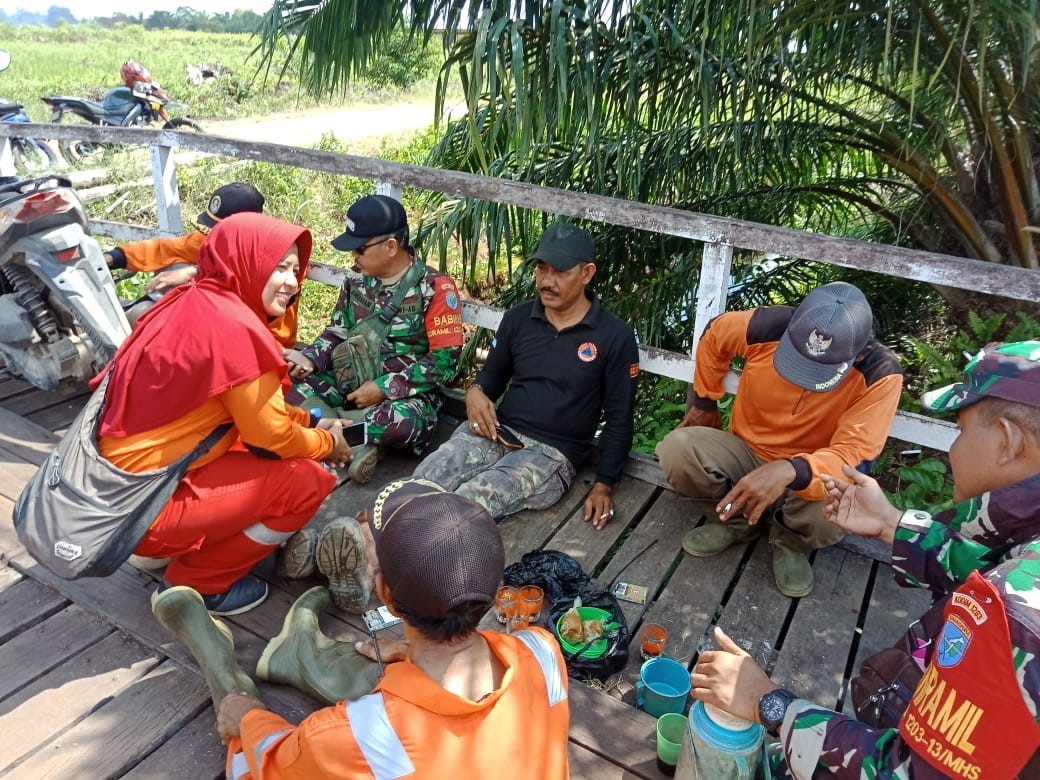
Stronger gender outcomes helped the FIP project play a catalytic role in sustainable forest management, community capacity building, and livelihood development in the West Kalimantan villages.
“Reaching the net-zero target by 2050 demands an all-hands-on-deck approach, including women,” Puspasari said. “We bear the adverse impacts of the climate crisis because of gender disparities, such as unequal access to land, credit, technical training, and technology. Social, economic, and cultural norms limit women’s participation and engagement in mitigation and adaptation activities. On the other hand, we are also agents of change, decision-makers, and leaders – and now we’ve proven we can also be firefighters.”


